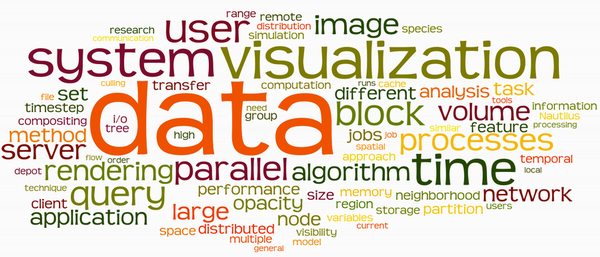Part of EC-TEL 2014, the 9th European Conference on Technology Enhanced Learning 2014, Graz, Austria
SUBMISSION DEADLINE EXTENDED: New deadline is 7 July, 2014
LinkedUp is pleased to be hosting a workshop on Open Data for Education & Learning at the EC-TEL 2014. The conference is co-located with i-KNOW 2014 and will be on Tuesday, 16 September 2014.
Overview
The LinkedUp Project is a FP7 Support Action which pushes forward the exploitation and adoption of public, open data available on the Web, in particular by educational organisations and institutions.
This workshop will be directed at members of the education community seeking an introduction to open data and Linked Data and will provide some examples for how they can be used to enhance education and learning resources. The focus will be mostly on the non-functional aspects needed for planning and decision-making for open data projects for education such as: availability, discoverability and reliability of open data resources, as well as licensing and privacy and trust issues related to the re-use of open data. A significant portion of this workshop will be dedicated to assisting educators on how to identify projects and ideas that could take advantage of open data; how to find open data, and how best to evaluate Linked Data and open data that will meet the needs of a specific project-work or learning scenario.
The main research questions the workshop will address are:
· What are the opportunities for using open data and Linked Data in education?
· What are the challenges of using open data and Linked Data in education?
· What are the best selection criteria when evaluating open data?
· What are the legal and non-technical issues that need to be considered when incorporating open data from the web?
· What are issues related to trust when using third party data and content?
Workshop topics include but are not limited to:
· Open data and Linked Data for formal, informal and non-formal education
· Open data and Linked Data and formative assessment
· Open data and Linked Data and open learning
· Open data and Linked Data supporting education in developing countries
· Open data and Linked Data in cultural applications
Papers Submission
This workshop invites papers and demos (6 pages max. in Springer Format) that deal with the Workshop main topics. In particular, examples of novel and innovative educational applications and scenarios that make use of Linked Data, as well as best practices around the selection criteria for open data resources. Based on the submissions we receive, we will cluster them by themes. Each submission will be evaluated by at least three reviewers. We aim for two or three paper presentations for each main theme we identify after reviewing the submissions. Demos, if available, may be shown during the related presentations.
Papers incorporating the following themes are encouraged:
· Distance & online learning
· Informal learning
· Knowledge management & organizational learning
· Lifelong learning
· Non-formal learning
· Open educational resources (OER)
· Semantic Web
· Vocabularies, ontologies & taxonomies for learning & education
Important Dates:
Submissions deadline: 30th June 2014
Deadline extended: 7th July 2014
Author notifications: 25th July 2014
Final versions due: 8th of August 2014
Workshop date: 16th September 2014
Paper submission and review will be managed on EasyChair
Accepted papers published in online proceedings (CEUR).
After the workshop the best papers will be invited to submit an extended version to be included in a special issue to the International Journal of Technology Enhanced Learning (IJTEL) by Inderscience.
Organisers
Michael Lauruhn (first contact), Elsevier, m.lauruhn@elsevier.com
Elisabetta Parodi, Lattanzio Learning Spa, parodi@lattanziogroup.eu
Ivana Marenzi, L3S Research Center, marenzi@L3S.de
Keerthi Thomas, Open University UK, Keerthi.Thomas@open.ac.uk
The CfP is available also at http://linkedup-project.eu/call-for-papers-workshop-on-open-data-for-education-learning-the-basics-and-more/



